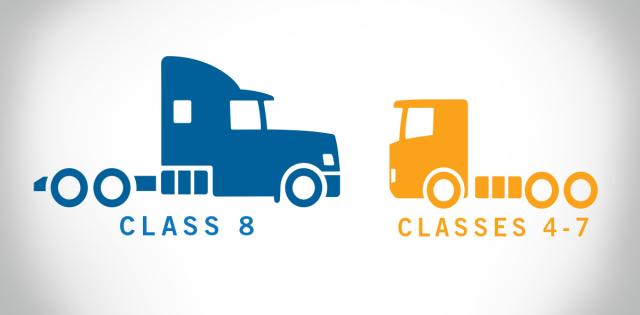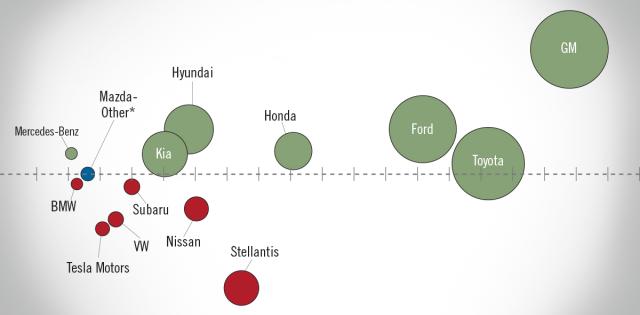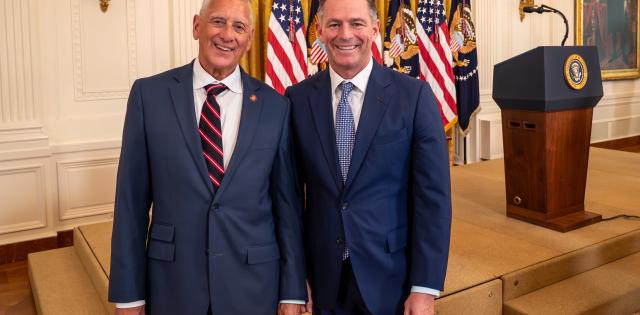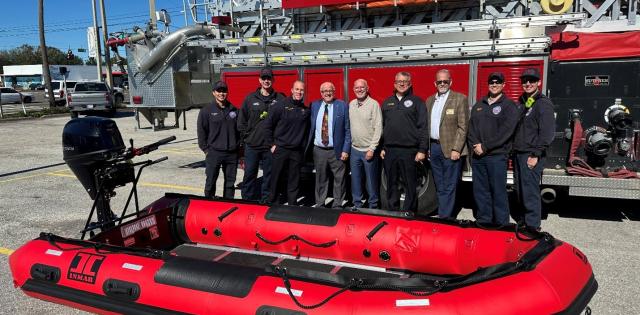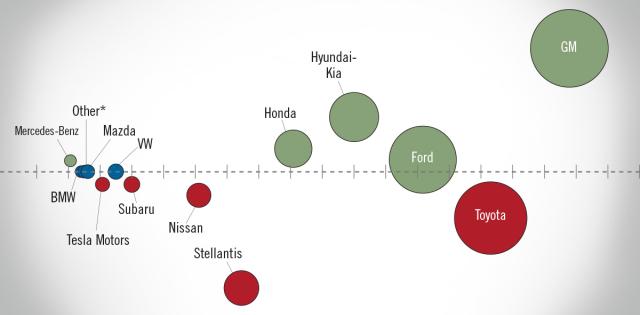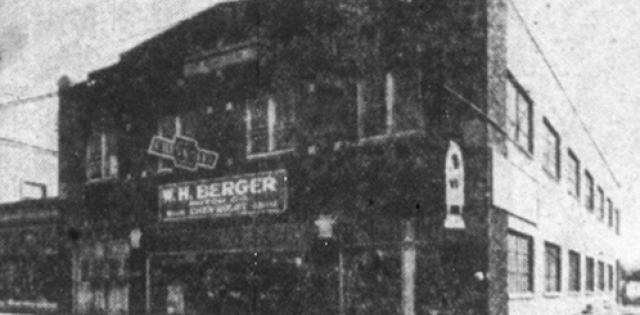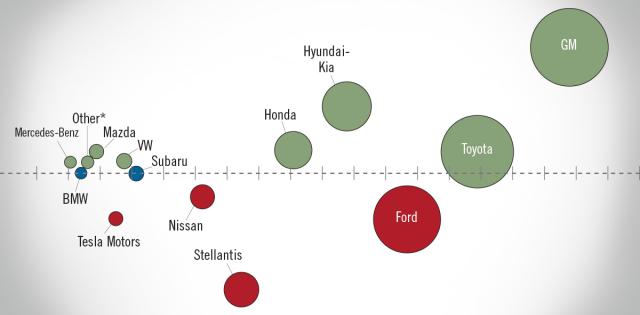NADA is pleased to report a significant and favorable decision in a lawsuit that NJ CAR brought against Mazda for violating the New Jersey Franchises Practices Act. In this case, NJ CAR sued Mazda for declaratory and injunctive relief alleging that the manufacturer’s Brand Experience Program 2.0, by creating price differentials and denying benefits to certain New Jersey dealers over others, violated three provisions of the New Jersey law, as follows:
- The program’s provision of per-vehicle discounts to Mazda dealers based on their compliance with certain criteria unlawfully created vehicle price differentials among all New Jersey Mazda dealerships;
- The program unlawfully denied benefits to Mazda dealers that do not have exclusive Mazda facilities, but rather use their facilities for multiple brands (“dualled facilities”); and
- The program unlawfully denied benefits to Mazda dealers that do not have an exclusive, image-compliant facility.
However, rather than ruling on any of these claims, the trial court held that NJ CAR didn’t even have the right to have its case heard – that is, in legal terms, that the association lacked standing to sue. NJ CAR immediately appealed, and the court of appeals reversed. In so doing, the appeals court vindicated NJ CAR’s ability to assert legal rights that its members are unable to assert individually, either because of the prohibitive cost of litigation or threat of reprisals from powerful automakers. In its decision, a copy of which can be found here, the appellate court held that NJ CAR does have standing and a right to appear before the federal courts to defend the legal rights of franchised new car and truck retailers.
NADA provided strong support to NJ CAR in this matter. In addition to funding some of NJ CAR’s costs on appeal, NADA retained former U.S. Solicitor General Donald Verrilli to prepare an amicus curiae brief. General Verrilli’s firm also participated in the presentation of oral argument.
This is an important decision that other trade associations around the country will be able to cite to help persuade courts in their jurisdictions to recognize the important advocacy role those associations play on behalf of their members.


